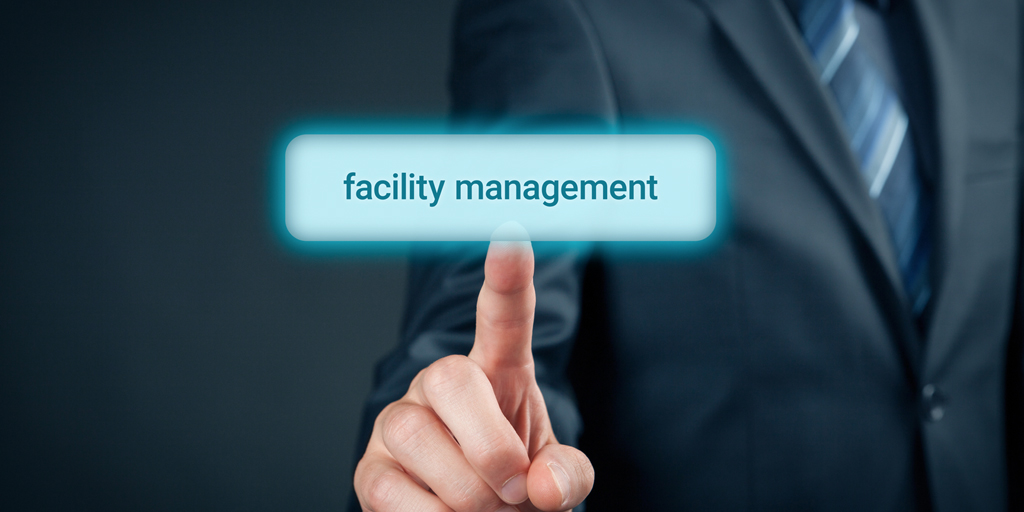Top 6 Priorities for Facilities Managers
–
Being a facilities manager (FM) is one of the most difficult jobs in any company. The reason for this is that the job is particularly wide-ranging, and encompasses everything from asset management and pest control to safety and security. Fortunately, FMs specialise in prioritising, with the emphasis on energy management, health and safety, maintenance, new technologies, interiors and workspaces, and security.
Security
A FM may be cognisant of all the aforementioned priorities, but if he or she overlooks building security, then all their efforts will be for nothing. Most FMs know they can’t afford to ignore security, even if the area in which the building is situated is regarded as safe from crime. One element of security is man-guarding — ensuring there are security personnel to monitor access into and out of the building. Fortunately, FMs today have plenty of technological assistance in the form of CCTV cameras and sophisticated access control barrier systems. CCTV cameras can operate independently of local power systems and produce far sharper images than they could in the past. There are additional benefits to CCTV, such as the ability to link back to automated fire-alarms, and as evidence-recorders when a company is forced to disprove false claims.
Health and Safety
A company’s health and safety policies are usually the domain of the FM, unless the firm has a dedicated health and safety officer. Although many people deride health and safety regulations because they sometimes appear to be too stringent, there’s no doubt that when health and safety becomes an issue, a company’s FM department can find itself in deep trouble. FMs need to ensure they’re continually abreast of the latest health and safety legislation, and that they do everything possible to ensure building occupants and visitors adhere to the regulations.
Energy Management
The world is becoming increasingly environmentally conscious, and this attitude directly affects most companies’ sustainability policies. If a firm doesn’t have a dedicated sustainability manager, energy management often becomes the FM’s responsibility. The energy-sapping ‘culprits’ are usually obvious: lights left on at all times of the day and night, even if the building is unoccupied; air conditioning or heating set too high; computers and other office equipment absorbing power, even when they’re not needed; or tap water being unnecessarily boiled.
Maintenance
There are different types of maintenance of which a FM should be aware, but the two that are most likely to take up his or her time are predictive (or planned) maintenance and reactive maintenance. Most FMs try to spend more time on predictive maintenance, although the reactive type sometimes unexpectedly diverts their resources. Predictive maintenance entails scheduling tasks, including repainting, roofing, paving walkways and other structural work, while reactive refers to taking immediate action because, for instance, a car damages a wall, requiring emergency maintenance. Ideally, FMs aim to deal only with predictive maintenance, but because some disasters can’t be predicted, they should also have a budget and a plan for reactive maintenance.
New Technologies
Few employees embrace innovative new technologies as eagerly as FMs. The reason for this is that they, more than many of their colleagues, are acutely aware of the possibilities offered by technologies such as asset management programmes, building management systems, and wireless monitoring products. There’s no doubt that in a fast-changing world, early adopters of innovative technologies have an immediate advantage over their competitors. But there’s also a more practical consideration behind many FMs’ interest in new technologies: products that can save energy, such as wireless utility monitoring, can have an immediate impact on the amount of money a FM can save his or her company.
Interiors and Workspaces
An often underestimated part of a FM’s job is his or her responsibility for the inside of the offices, including the décor and furniture. In some companies, the FM can play a direct role in the wellbeing of staff by ensuring the décor contributes to a more productive office environment. Acoustics is important, and can be installed on an ‘ABC system’ — the absorbing, blocking or covering of noise. It’s been discovered, for instance, that while normal ceiling tiles in a building absorb less than 30% of noise, other types of tiles can absorb as much as 95%. So-called ‘soft walls’ also absorb echoes. Space planning is another important part of effective workspaces, particularly if the FM is able to demarcate areas such as meeting rooms.

